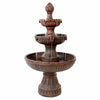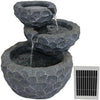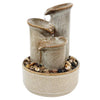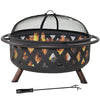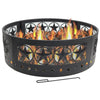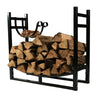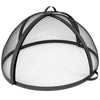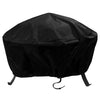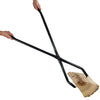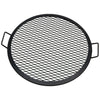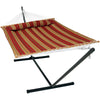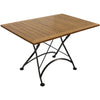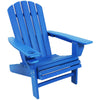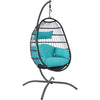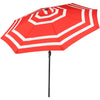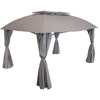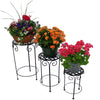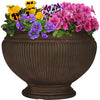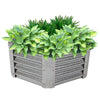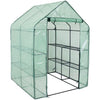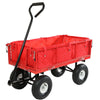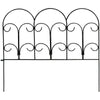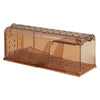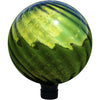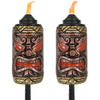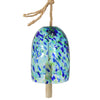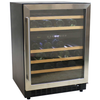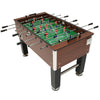How much water does my potted plant actually need?
The answer to this question has eluded rookie gardeners for ages. In fact according to this article from the website Better Gardener’s Guide, overwatering and underwatering are two of the ten most common container gardening beginner mistakes.
Finding the perfect amount of water for your plants can be a challenge, but this article will help you determine just how much water your plants need to grow and thrive.
How Often Should I Water My Outdoor Potted Plants?
There are several factors that affect how much water a plant needs including the species of the plant, the climate where you live, and the age of the plant. To learn more about your plant’s needs, consult the plant tag.
Generally, flowering plants require a moist but well-drained soil, while succulents do better if the soil is a bit dry and vegetables must remain consistently moist. Also, plants that have been growing in a container longer can go without water for longer stretches of time than a plant that was recently potted.
Instead of regularly watering your plant, check your plants for signs that they need water. Stick your finger into the soil up to the second knuckle, if the soil feels dry to the touch go ahead and water your plant. If you live in an area with a dry climate, you might have to water your plants more than once a day.
Helpful Tips When Watering Potted Plants
1. Water Your Plants in the MorningWatering your plants early in the morning can have several advantages. It provides your plant with enough water to last through the day and you will lose less water to evaporation which occurs later in the day when the sun comes out and temperatures climb.
2. Don’t Water Your Plants in the EveningIf your schedule prevents you from watering your plants in the morning, at least try to water them during the afternoon (before 6:30 PM). Once the sun sets, the water won’t evaporate and sitting in standing water can cause plant disease like root rot.
3. Water the Soil not the LeavesA plant’s foliage or blooms can act as an umbrella and repel the water away from the plant (this is why you should not depend solely on rainfall to water your plants). In order to ensure that your plant receives the water it needs, don’t water the top of the plant. Instead water the soil at the base of the plant to ensure that it soaks into the soil and reaches the root system.

If you don’t want to spend a lot of time watering your plants, choose a larger container with a glazed finish. Larger garden planers can hold more soil which soaks up more water, and the glazed finish helps prevent the water from evaporating.
For additional tips on how to use large containers for gardening, check out our blog article 5 Tips For Gardening with Large Planters
5. Add MulchAdding a layer of mulch or rocks to the surface of your soil helps slow the trickle of water so it flows evenly through the container. This can also help prevent moisture loss due to evaporation.

How To Properly Water Your Potted Plants When Away or on Vacation
Nothing is worse than coming back from a relaxing vacation to discover that your plants have wilted away while you were gone. Taking a few precautions can ensure that your plants remain lush and green while you are gone.
Start by giving your plants a thorough watering before you head out and move your containers out of the sun and into a shady area in order to prevent the moisture from evaporating. To water your plants while you are away, fill a water globe with water and stick it into the soil to slowly add water to your plant. If you don’t have a water globe, use a glass bottle instead. Fill it with water, press your thumb over the opening and place it into the soil.
If you still have doubts about your plants making it through your vacation, call a friend or neighbor and ask them to stop by and give your plants a drink until you come home again.
Enjoy the Beauty of Your Healthy & Lush Potted Plants
Knowing how much water your plants need to thrive can be a bit tricky, but it’s a very important skill for gardeners to cultivate in order to grow beautiful plants. Learning the right techniques will help ensure that your plants receive the perfect amount of water so they stay strong and lush all season long.
For more gardening and outdoor tips, check out our selection of outdoor living articles.
